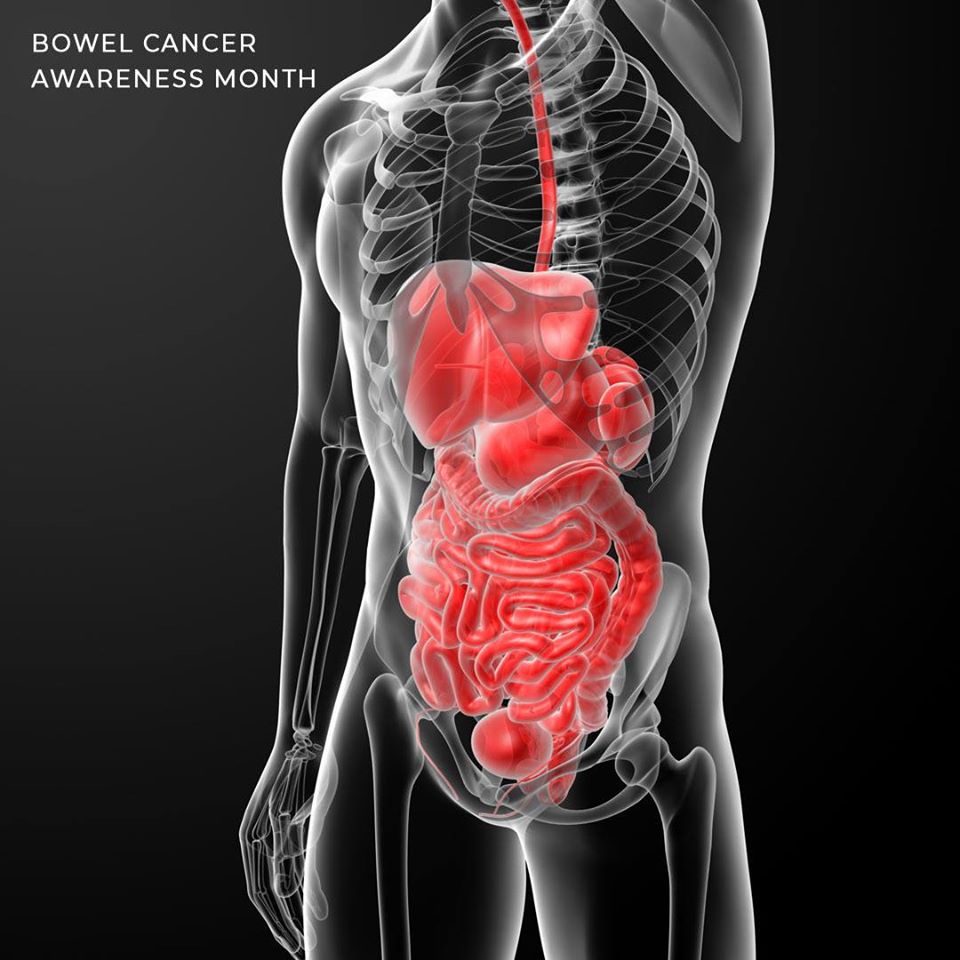June is Bowel Cancer Awareness Month, an initiative to help our community to raise awareness about this type of cancer and how early detection makes Bowel cancer one of the most treatable forms of the disease. The initiative aims to encourage people with symptoms or anyone at risk of being diagnosed to consult doctors and undergo screenings.
Each year over 17,000 Australians are diagnosed with bowel cancer and each week over 100 people die, yet it is treatable if diagnosed early. Bowel cancer often called colorectal cancer is the third most commonly diagnosed cancer in Australia. According to statistics sourced from the Australian Institute of Health and Welfare, it is estimated that 1 in every 14 senior Australians is at risk of being diagnosed with one in their lifetime. This drives the need of visiting your local GPs for routine bowel cancer screenings.
But the good news is, with early detection and prompt medical response, 9 out of 10 bowel cancer cases are treatable.
Benefits of routine bowel cancer screenings
The most important benefit of routine screening is to identify individuals who are at a higher risk of suffering from bowel cancer and help them with early cancer detection, to proactively start diagnosis and thus reduce further complications.
A bowel cancer screening can also identify irregular growths called Polyps on the bowel lining that may become cancerous if not taken proper care.
Screening can also be done by people with no symptoms and would help to identify associated risks if any.
Role of GPs in Bowel Cancer Diagnosis
Your local doctors are often the first point of contact when someone has questions with their health issues. If anyone develops cancer, it starts with visible or invisible symptoms and then can be confirmed with test results, solely based on clinical screenings and expertise conducted by a GP. They play a crucial role in your diagnosis, treatment and help you through recovery. Let’s see some of the other ways GPs help with Bowel cancer treatment.
- All GPs follow industry-standard screening procedures, that include appropriate advice, clinical tests and care services.
- If you test positive, you will be sent for further investigations. A further screening procedure called colonoscopy can confirm your condition and help with prompt diagnosis.
- If you are at a higher risk of suffering from bowel cancer, as identified by your GPs, they would help structure a management plan, according to the rules set by NHMRC.
- They will help you in referring to specialists and oncologists for further investigations.
If you’ve noticed a change in your bowel habits or just curious about your bowel health, it is best to seek help from a GP. To meet our doctors for your bowel health, book online, or find our contact details here for all 4 medical centres.

